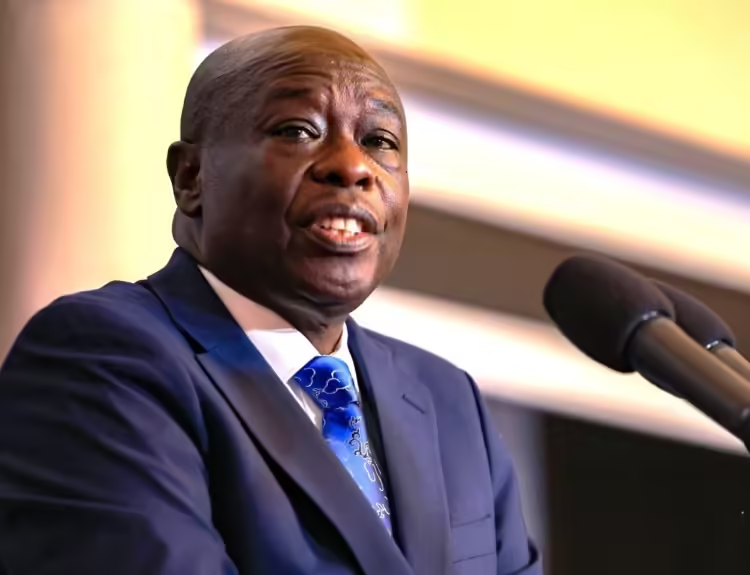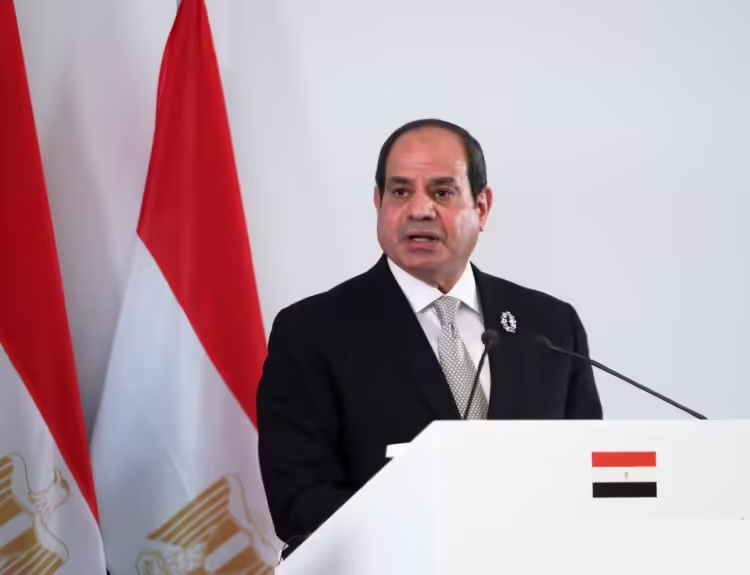Africa’s corporate landscape is evolving fast. From telecoms titans to fintech disruptors, a handful of companies are not only leading in market value but are also shaping the continent’s economic future. Their influence extends far beyond balance sheets — these firms are defining how Africans communicate, transact, build, and consume.
Here’s a closer look at the 10 most valuable African companies in 2025, based on a mix of market capitalisation, business footprint, and regional impact.
Contents
1. Naspers (South Africa)
Sector: Technology & Media
Valuation: Over $100 billion (via Prosus)
Naspers started in the early 1900s as a publisher in Stellenbosch. Today, it sits at the top of Africa’s corporate food chain. Its value skyrocketed after an early, $32 million bet on Tencent — the Chinese tech giant — ballooned into one of the most lucrative investments in tech history. That stake now lives under Prosus, a Naspers spin-off listed in Amsterdam.
While many of its assets are international, Naspers remains deeply entrenched in Africa, backing platforms like Takealot and PayU, and dominating South African media through Media24. It’s a powerful reminder that strategic foresight — and a bit of luck — can put a local company on the global map.
2. MTN Group (South Africa)
Sector: Telecommunications
Subscribers: 289 million across 19 countries
MTN is more than just a telecom. It’s a digital infrastructure giant in countries where mobile access is often the first point of contact with the internet. From Nigeria to Rwanda, MTN has become a household name. In 2022, the company doubled down on its fintech ambitions, spinning off MoMo (Mobile Money) into a separate entity valued at over $5 billion.
What’s striking is MTN’s resilience — navigating political tensions, regulatory hurdles, and volatile currencies while continuing to expand mobile internet and digital financial services. It’s not always glamorous, but it’s essential work in a continent still bridging the connectivity gap.
3. Dangote Group (Nigeria)
Sector: Industrial Conglomerate
Revenue: Estimated $4.5 billion+
For Aliko Dangote, cement is more than just business — it’s nation-building. Dangote Cement, now Africa’s largest cement producer, operates in ten countries and provides a key input for infrastructure development across the region. But the group’s latest moonshot is its $19 billion oil refinery in Lagos — the largest single-train refinery in the world.
The refinery, which began test runs in late 2024, could shift Nigeria from being a net importer of refined petroleum to a self-sufficient producer. It’s a bet on African industrial self-reliance — and the continent is watching closely.
4. Safaricom (Kenya)
Sector: Telecom & Fintech
Market Cap: Over $10 billion
In Kenya, Safaricom is not just a telco — it’s part of the country’s social fabric. With over 40 million subscribers and an 80% market share, it commands a near-monopoly on mobile services. But its crown jewel is M-Pesa, the mobile money platform that pioneered financial inclusion in East Africa.
Today, M-Pesa processes over $300 billion annually and has expanded to Ethiopia — a bold new frontier with over 110 million people. Safaricom’s success lies in its local roots and its willingness to build products for people often overlooked by traditional banks.
5. Standard Bank Group (South Africa)
Sector: Banking
Assets: $170 billion+
Standard Bank is Africa’s largest bank by assets, with operations in 20 countries. But size alone doesn’t tell the story. The bank has spent the last five years investing heavily in digital infrastructure, partnering with the likes of AWS to modernise everything from payments to customer onboarding.
Its reach, paired with smart partnerships (like its tie-up with China’s ICBC), gives Standard Bank a unique role in bridging Africa’s trade with the world, especially with China, its largest trading partner.
ALSO READ: The 10 largest companies in Africa based on market capitalization
6. FirstRand Limited (South Africa)
Sector: Banking
Assets: $100 billion+
FirstRand runs one of the most diversified banking operations on the continent. Under its umbrella are three power brands — First National Bank (FNB), Rand Merchant Bank (RMB), and WesBank — each playing a distinct role across retail, investment, and vehicle finance.
FNB’s digital-first strategy has paid off handsomely. It consistently ranks among the most innovative banks in Africa, thanks to smart app features, chatbot-driven customer service, and robust fraud detection systems. In a continent where digital adoption is leapfrogging legacy tech, FirstRand has positioned itself as a future-ready financial powerhouse.
7. Shoprite Holdings (South Africa)
Sector: Retail
Revenue: $10.5 billion+
Shoprite is where Africa shops. With over 3,000 outlets across 15 countries, the supermarket chain caters to millions of households daily, from bustling city centres to remote towns. Its logistical muscle is its secret weapon: an advanced supply chain that ensures shelves stay stocked even in high-inflation, low-infrastructure environments.
In recent years, Shoprite has doubled down on private labels, loyalty programs, and e-commerce, adapting to changing consumer behaviour while keeping prices competitive.
8. Bidco Africa (Kenya)
Sector: Consumer Goods
Bidco doesn’t get as many headlines as tech or finance firms, but it’s a quiet behemoth in East Africa’s consumer goods space. The company churns out everything from edible oils and snacks to detergents and bottled water — products that millions use daily.
With operations in Kenya, Uganda, and Tanzania, Bidco has managed to thrive by staying close to local tastes and investing in energy-efficient, sustainable manufacturing. It’s a reminder that everyday brands, when run smartly, can become regional giants.
9. Equity Group Holdings (Kenya)
Sector: Banking
Assets: $13 billion
Customers: 21 million+
Equity started as a building society in a remote Kenyan town. Today, it’s East Africa’s biggest bank — and arguably its most inclusive. The bank has built a reputation around serving micro-entrepreneurs, farmers, and first-time account holders.
Its aggressive digital push has helped it scale to seven countries and over 20 million customers. Equity’s story isn’t just about profit — it’s about purpose. And in regions where formal banking is still a luxury for many, that purpose continues to resonate.
10. Flutterwave (Nigeria)
Sector: Fintech
Valuation: $3+ billion
Flutterwave is the new kid on the block — and the first unicorn on this list not built on legacy infrastructure. Founded in 2016, it powers digital payments for businesses across 30+ countries, from Lagos boutiques to global e-commerce brands like Uber.
Its APIs allow African merchants to accept payments in multiple currencies and methods — a pain point that had long stifled cross-border commerce. Flutterwave’s success signals a new wave of African tech firms ready to compete globally, even as it navigates increased scrutiny over corporate governance.
Africa’s future
These 10 companies — diverse in industry, geography, and strategy — collectively reflect the dynamism of Africa’s economic transformation. They are builders of infrastructure, enablers of trade, champions of inclusion, and, increasingly, global competitors.
In a continent where informal economies still dominate, and many still live without consistent access to electricity or internet, these firms are laying the scaffolding for a more connected, productive, and self-reliant future.
And that future is closer than many think.






